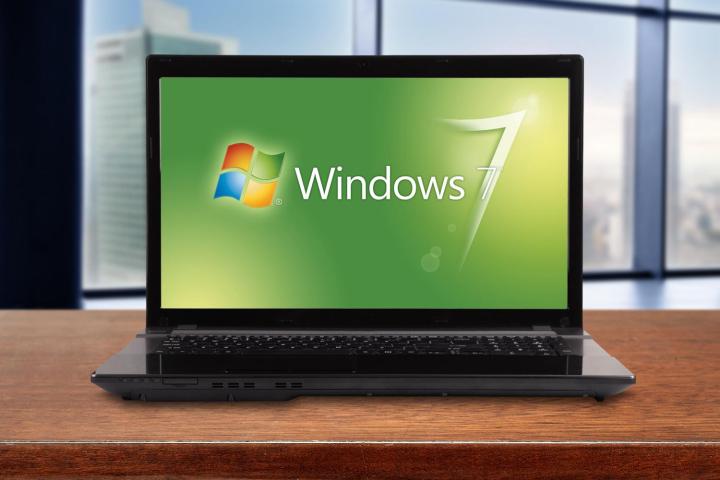
“We incorrectly published a test update and are in the process of removing it,” said a Microsoft spokesperson in a statement.
Users began to raise alarm bells when the update emerged as it appeared to be a language pack but featured questionable-looking links and lacked any thorough information. The update was brought to the attention of Microsoft’s Community forum, asking if Microsoft’s servers were possibly compromised.

“[My] laptop was screwed after the update,” replied one user, “windows explorer crashes.”
“I think Microsoft needs to check this one out… Too many people are downloading this,” said another user.
To the relief of many of these users though, it seems to be just an error on Microsoft’s end rather than any malicious actors at play.
Nevertheless the issue was more suspicious looking than any other kind of error and if someone managed to compromise a Windows Update server, it would be a hugely significant attack. “I don’t raise the alarm very often but this has just enough characteristics of something pretty serious that I think it’s worth looking at,” one security researcher told Ars Technica.
Microsoft has not provided any further comment at this time or provided details on whether users that installed the update are vulnerable.
Editors' Recommendations
- Microsoft finds a sneaky way to slip more ads into Windows
- How Intel and Microsoft are teaming up to take on Apple
- Windows 11 vs. Windows 10: finally time to upgrade?
- Beware! The latest Windows 11 update might crash your PC
- Microsoft’s next event could reveal the Surface Pro we’ve been waiting for


